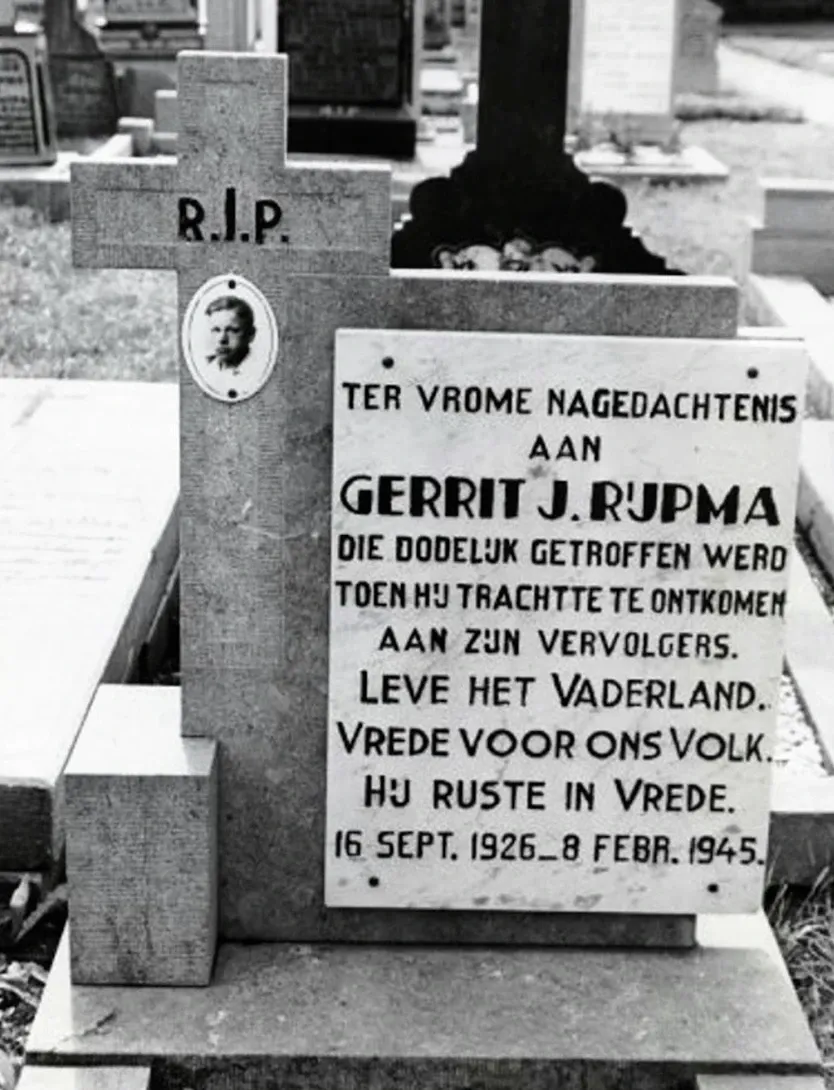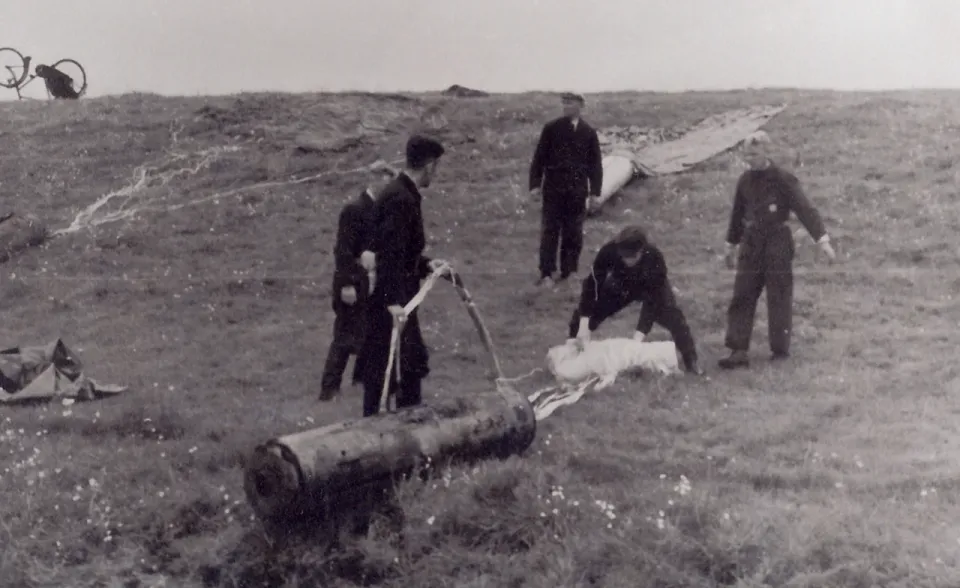Locations
2497 to 2520 of 5084 results
-
Kerk Schraard
Kerk Schraard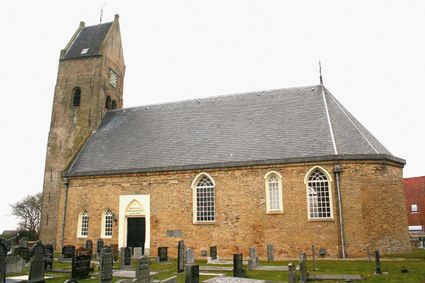 Schraard
Schraard
from your location
-
Groepsaccommodatie Appelscha - Reidtèk
Groepsaccommodatie Appelscha - Reidtèk Appelscha
Appelscha
Direct boekbaar
from your location
-
Bootverhuur Hospes - Familiejacht La Meuse
Bootverhuur Hospes - Familiejacht La Meuse Sneek
Sneek
Direct boekbaar
from your location
-
By Peek
By Peek Sneek
Sneek
Direct boekbaar
from your location
-
Het Korhoen van Anne Woudwijk
Het Korhoen van Anne Woudwijk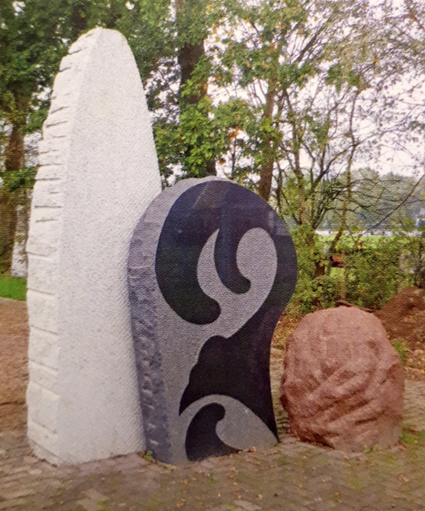 Fochteloo
Fochteloo
from your location
-
Poem 'Graf te Blauwhuis'
Poem 'Graf te Blauwhuis'
The small village of Abbega and the neighbouring hamlet of Abbegaasterketting hid dozens of people in hiding during the war. In February 1945, a raid shocked the small community. Resistance fighter Gerrit Rijpma, 18, was fatally hit in the process. The famous Dutch writer Gerard Reve, who lived next door to a sister of Gerrit Rijpma in nearby Greonterp from 1953 to 1971, was deeply moved by the story of his neighbour's youngest brother. As a tribute to Gerrit, he wrote the poem 'Graf te Blauwhuis'.
According to witnesses, as many people in hiding lived in Abbega and the neighbouring hamlet of Abbegaasterketting as civilians.
Among them were Jewish people in hiding, people who had participated in railway strikes, deserters and young men from the surrounding area who wanted to avoid forced labour. Weapons for the resistance were also hidden there.
Abbegaasterketting was located next to the Bolswardervaart canal, and the absence of paved roads made access difficult. In addition, the inhabitants had implemented an ingenious alarm system: by means of an electric bell, people warned each other when something was wrong, and two people in hiding were on guard every night.
On 8 February 1945, at around half past eleven in the morning, the alarm bell sounded in the Rijpma family home. At that time, the brothers Yp and Gerrit were working in the barn.
When they went outside, they saw a lot of people running away in panic. This is why the brothers decided to sail down the Bolswardervaart, which divides the hamlet in two pieces, in a rowing boat. They hoped that they could get themselves to safety a little bit further on in a bend of the canal, behind the net. On their way there, they picked up their neighbour Minze van der Veen and a person in hiding, who were standing on the other side of the canal. Meanwhile, the German soldiers, aided by members of the Landwacht, a Dutch semi-military organisation, had set off in pursuit and opened fire on the fleeing people. Minze van der Veen was hit in his right elbow. Gerrit was hit three times: one bullet went straight through his body, another lodged in his back, and the third bullet went through his cheeks and teeth. Because the occupiers refused to help, Yp had to carry his dying brother to the boat and take him to a farmhouse nearby all by himself. The help from a woman living in the neighbourhood, who was a nurse, came too late. In great haste, curate Stolwijk of Blauwhuis was sent for, who administered the last rites to Gerrit. He died shortly afterwards. He was buried in the Catholic Cemetery in Blauwhuis.
The famous Dutch writer Gerard Reve, who lived in nearby Greonterp next to a sister of Gerrit Rijpma from 1953 to 1971, was deeply touched by the story of his neighbour's youngest brother. As a homage to Gerrit, he wrote the poem 'Grave in Blauwhuis':
GRAVE IN BLAUWHUIS (for neighbour H., in G.) He ran away, but did not escape, and was hit, and died, eighteen years old. A militant inscription cries out loud, but a sad and silent face looks out from the brown enamelled portrait. Still a child. Goodbye dear boy. You, who are King, of this and that, of whatever, yes, You, answer me, You know why, I don't. That Kingdom of Yours, remember, will it ever be?
In 1983, the mortal remains of Gerrit were transferred from the cemetery of Blauwhuis to Loenen National War Cemetery.
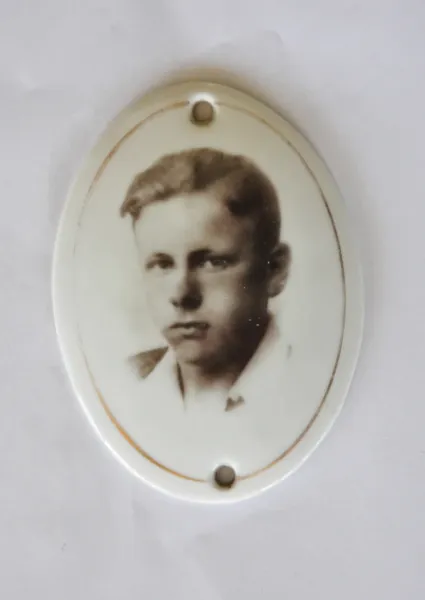 Greonterp
Greonterp
from your location
-
-
Het Kleine Paradijs - Boomhut Uilenspiegel
Het Kleine Paradijs - Boomhut Uilenspiegel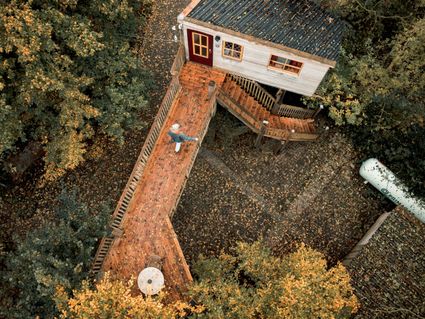 Easterein
Easterein
Direct boekbaar
from your location
-
The Kûfurd
The Kûfurd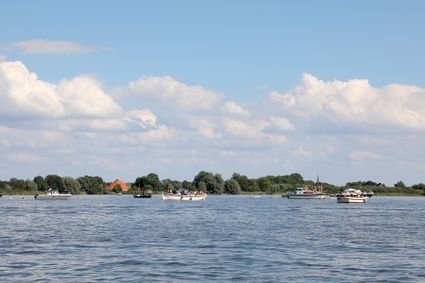 Teroele
Teroele
from your location
-
Aekingahof B&B en Vakantiewoningenverhuur
Aekingahof B&B en Vakantiewoningenverhuur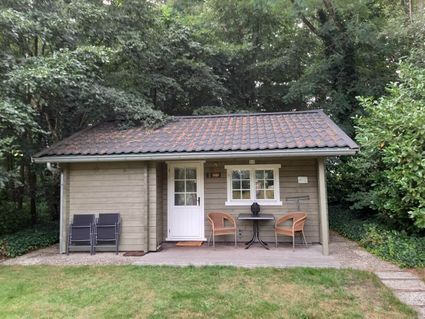 Appelscha
Appelscha
from your location
-
Stokersverlaat
Stokersverlaat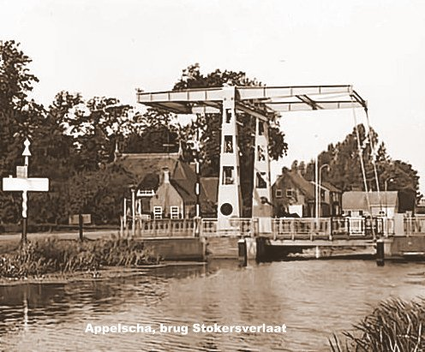 Appelscha
Appelscha
from your location
-
Vioolsteeg
Vioolsteeg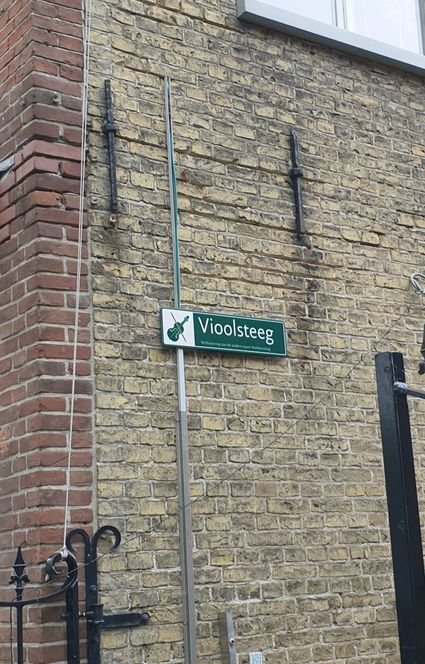 Harlingen
Harlingen
from your location
-
Leefstijlschuur
Leefstijlschuur Rottum
Rottum
Direct boekbaar
from your location
-
Fietsroute Brekkenroute
Fietsroute Brekkenroute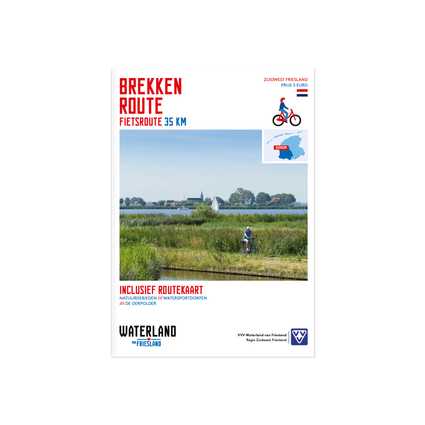 Oudega SWF
Oudega SWF
from your location
-
StelpHoeve
StelpHoeve It Heidenskip
It Heidenskip
from your location
-
Aan het Water - Watervilla
Aan het Water - Watervilla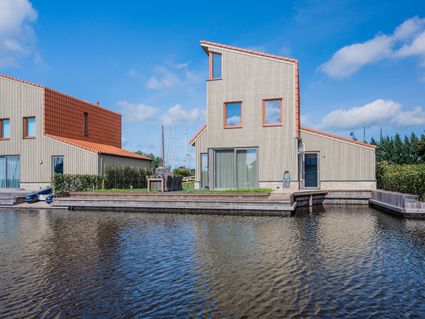 Heeg
Heeg
Direct boekbaar
from your location
-
Bos Elfbergen - Oudemirdum
Bos Elfbergen - Oudemirdum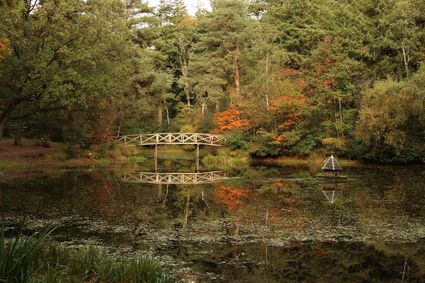 Oudemirdum
Oudemirdum
from your location
-
Sickema state
Sickema state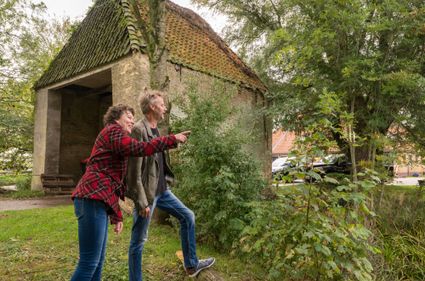 Herbaijum
Herbaijum
from your location
-
Hof van de Koning
Hof van de Koning Heerenveen
Heerenveen
from your location
-
Wapendroppings in Friesland - Witmarsum
Wapendroppings in Friesland - Witmarsum
'De worm heeft rode haren', 'Doe de groeten aan Jozef'. Met dit soort slagzinnen werden wapendroppings aangekondigd. In Friesland vonden er 24 plaats in de laatste maanden van de oorlog. Per dropping werden tot wel 24 containers gedropt, vol met wapens. Geweren, pistolen, bazooka's en allerlei explosieven. Bedoeld om de geallieerden te helpen bij hun opmars door Friesland. Friesland zou zichzelf helpen bevrijden, zo was het idee.
Bij de bevrijding van Friesland spelen de Nederlandse Binnenlandse Strijdkrachten (NBS) een grote rol. De NBS in Friesland bestaat (vanaf december 1944) uit de verzetsgroepen van de KP (Knokploegen), LO (Landelijke organisatie voor hulp aan onderduikers) en OD (Orde Dienst).
Zo’n ondergronds leger heeft natuurlijk wapens nodig. Voor de aanstaande sabotageacties, de bezetting van bruggen, sluizen en het gevangennemen van de vijand, krijgen 2500 tot 3000 NBS-ers een wapen. Van pistolen en mitrailleurs tot stenguns.
De wapens komen letterlijk uit de lucht vallen. Vanaf oktober 1944 vliegen Stirling en Halifax bommenwerpers vanuit Engeland 47 keer richting Friesland. Op zo'n 14 plaatsen in de provincie worden tenminste 24 geslaagde wapendroppings uitgevoerd. De bommenwerpers gooien containers met wapens, munitie en springstoffen aan parachutes boven de Friese weilanden naar beneden. Groepen NBS-ers staan 's nachts klaar om met lichtsignalen het afwerpterrein aan te geven en daarna de wapens af te voeren en te verstoppen.
Zoals even ten oosten van hier, op het afwerpterrein Hichtum. Bij de tweede dropping viel een container op een veulen dat gedood werd. De onwetende boer gaf het dode veulen aan bij de politie, zodat het terrein als wapendroppingsterrein moest vervallen.
Via geheime zenders worden met Londen de slagzinnen uitgewisseld die aangeven waar en wanneer een dropping plaatsvindt. Voor het contact tussen Engeland en het verzet over de droppings stuurt Prins Bernhard als opperbevelhebber van de NBS, twee geheime agenten van het Bureau Bijzondere Opdrachten (BBO) naar Friesland. Lykele Faber en Peter Tazelaar houden zich (vanaf november 1944), samen met marconist Alfred Springgate en hun radiozender lang schuil in een jacht op het meertje Nannewiid bij Oudehaske in het zuiden van Friesland.
De commando's N. De Koning en R. Groenewoud reizen ondertussen met valse papieren door de provincie om wapeninstructies te geven. Ze zijn eerder vanuit Engeland boven Drenthe gedropt en door de KP naar Friesland gehaald.
De wapendroppings en het verbergen van de wapens leiden regelmatig tot levensgevaarlijke situaties. De bezetters maken fel jacht op verborgen wapens. Op wapenbezit staat de doodstraf. Een dropping te Aalsum bij Dokkum leidt indirect tot de grootste massa-executie in Friesland van twintig mannen in Dokkum.
Op zondag 8 april geeft ‘Radio Oranje’ via de BBC de langverwachte slagzin door: 'de fles is leeg'. Voor de NBS is dit het sein om 36 uur later met sabotageacties te beginnen. De Canadese troepen zijn bijna bij de grens van Friesland. De wapens worden uit de opslagplaatsen gehaald. De NBS groepen komen bij elkaar op geheime locaties en de wapens en munitie worden uitgedeeld.
De verzetsgroepen hebben Friesland al voor een groot deel in handen voor de komst van de Canadezen. Alleen bij Harlingen-Makkum hebben de Duitsers voor de verdediging van de Afsluitdijk artillerie neergezet en moeten de Canadezen zware gevechten leveren. Het vasteland van Friesland is op 18 april helemaal bevrijd.
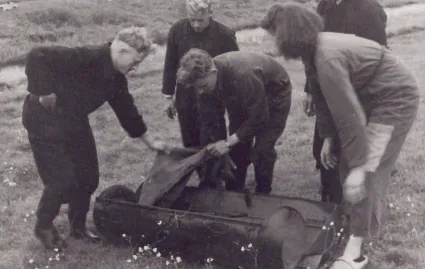 Harkezijl
Harkezijl
from your location
-
-
B&B 't Skoalhûs
B&B 't Skoalhûs Westergeest
Westergeest
from your location
-
Armenhuis Noardburgum
Armenhuis Noardburgum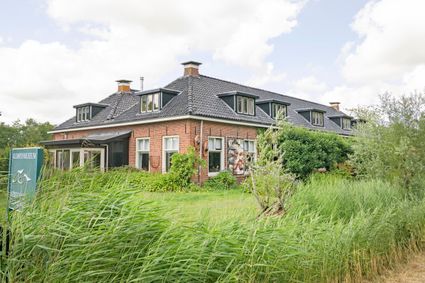 Noardburgum
Noardburgum
from your location
-
Old Smoker
Old Smoker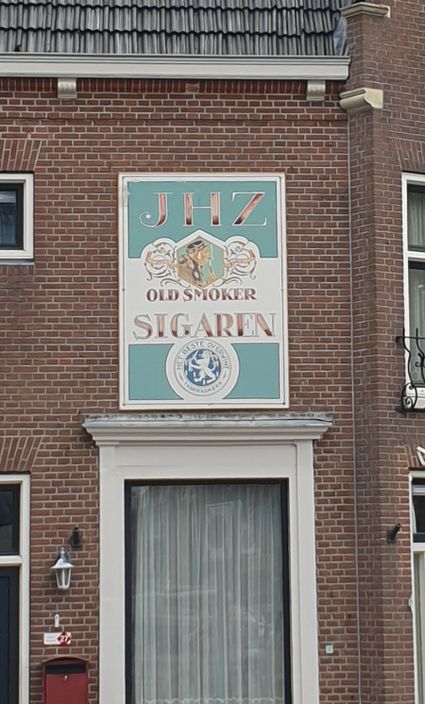 Harlingen
Harlingen
from your location
-
Aardappelboeren
Aardappelboeren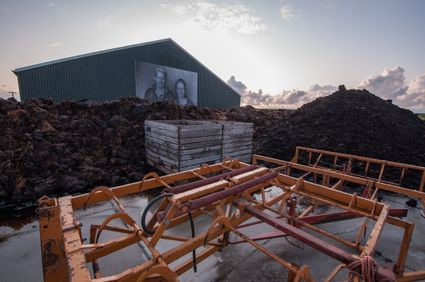 Westhoek
Westhoek
from your location
-
Artwork Cascade - Klaas Gubbels
Artwork Cascade - Klaas Gubbels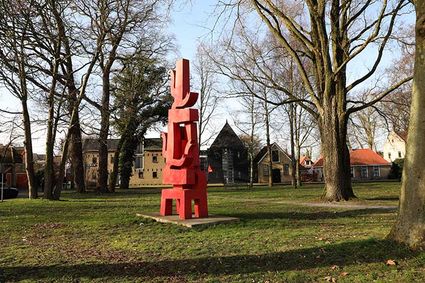 Joure
Joure
from your location

